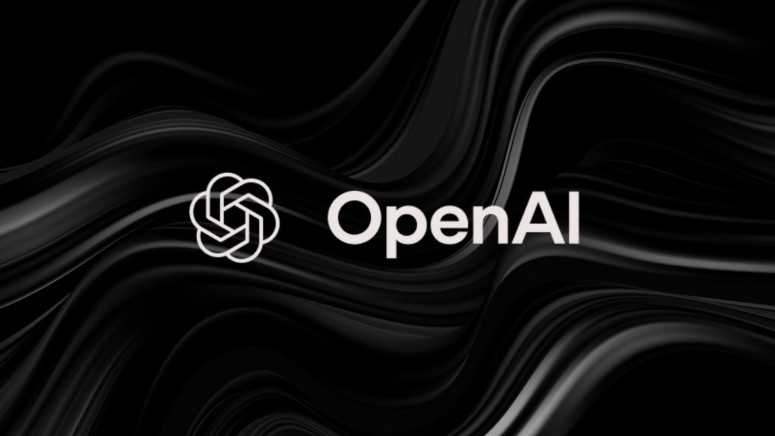
OpenAI Cracks Down on Malicious Use of ChatGPT by Authoritarian Regimes
- China and North Korea user accounts were removed by OpenAI due to suspicion of misuse.
- The AI company believes these accounts were leveraged for surveillance and opinion-influence operations.
- Propaganda articles, false resumes, and financial fraud were among the mentioned examples.
OpenAI has announced the removal of user accounts from China and North Korea that were allegedly misusing its artificial intelligence (AI) technology for harmful activities, including surveillance and influence operations.
The ChatGPT creator's Friday announcement disclosed concerns over how authoritarian regimes might exploit AI to target the U.S. and their own citizens. OpenAI shared specific instances of misuse in its report, including propaganda articles, fraudulent resumes, and financial fraud.
The company relied on its AI tools to identify and curb such operations, although it did not reveal the number of accounts banned or the timeframe of the crackdown, according to Reuters.
AI can be easily exploited for activities ranging from propaganda to criminal schemes. Users in China utilized ChatGPT to generate anti-U.S. news articles in Spanish. These articles were later published in Latin American media under the byline of a Chinese company.
Accounts linked to North Korean entities reportedly used AI to create counterfeit resumes and online profiles. The objective was to deceive Western companies into hiring fictitious job applicants, potentially for malicious purposes.
Moreover, a Cambodian group involved in financial fraud leveraged ChatGPT to produce translations and generate comments for platforms like X (formerly Twitter) and Facebook, and Iranian accounts employed ChatGPT in an influence operation focused on the U.S. elections.
The U.S. government has raised alarms over China's use of artificial intelligence to repress its population, spread misinformation, and threaten the security of the U.S. and its allies. OpenAI's report adds further context to these concerns, spotlighting the global risks associated with unregulated AI use.
ChatGPT remains the most popular AI chatbot globally, boasting over 400 million weekly active users. OpenAI is currently in talks to secure up to $40 billion in additional funding, which could set a record for a private company, bringing its valuation to an estimated $300 billion.











